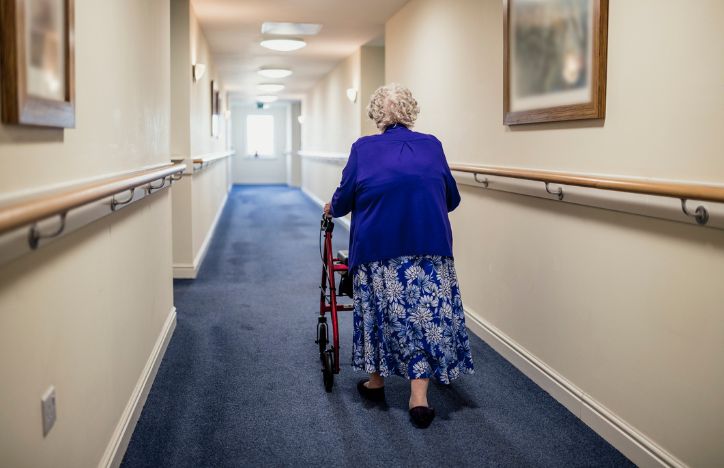A person over the age of 16 is generally considered to be deprived of their liberty if they:
- Cannot make decision about where they live and what care they receive.
- Are closely supervised.
- Are not free to leave their place of residence without permission and/or support.
If a person is deprived of their liberty, they are entitled to have the deprivation of liberty safeguards applied to them to ensure that this is justified and that their care arrangements are no more restrictive than they need to be to keep them safe.
If a person is deprived of their liberty in a hospital or care home, the hospital or care home will usually request that the local authority authorise that deprivation of liberty by way of a ‘standard authorisation.’
Where a person is deprived of their liberty at home, or anywhere other than a hospital or care home, the Court of Protection will need to authorise this.
Our team has expertise in challenging deprivations of liberty that are either authorised or unauthorised and appealing decisions in the Court of Protection.
If you are an Independent Mental Capacity Advocate or Relevant Person’s Representative, we can also provide advice to help you fulfil your role and navigate the changing legal landscape. We have experience of challenging a person’s deprivation of liberty on a number of grounds including:
- Where it is believed the person has capacity to make decisions about where they live and what care they receive.
- When the person wishes to leave hospital or residential care and return home.
- When the person wishes to move from one care home to an alternative care home
Our aim is to make the process as straightforward as possible and to work alongside you to achieve the best possible outcome for the person concerned. If you believe a deprivation of liberty challenge might be needed or are unsure about how the safeguards work, it is important to seek specialist advice.








